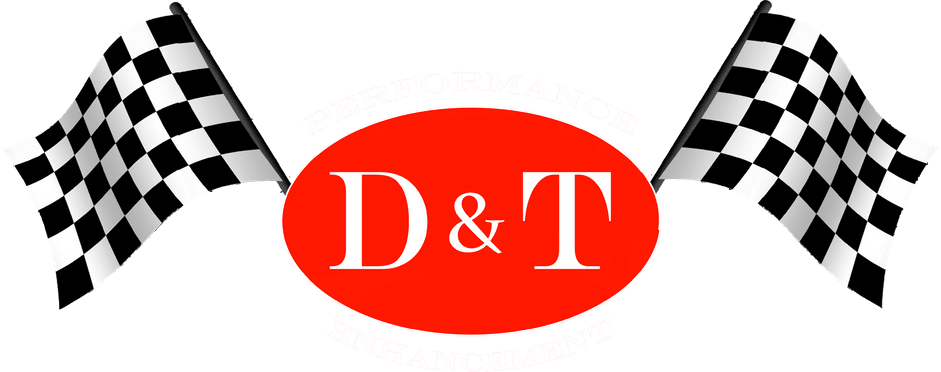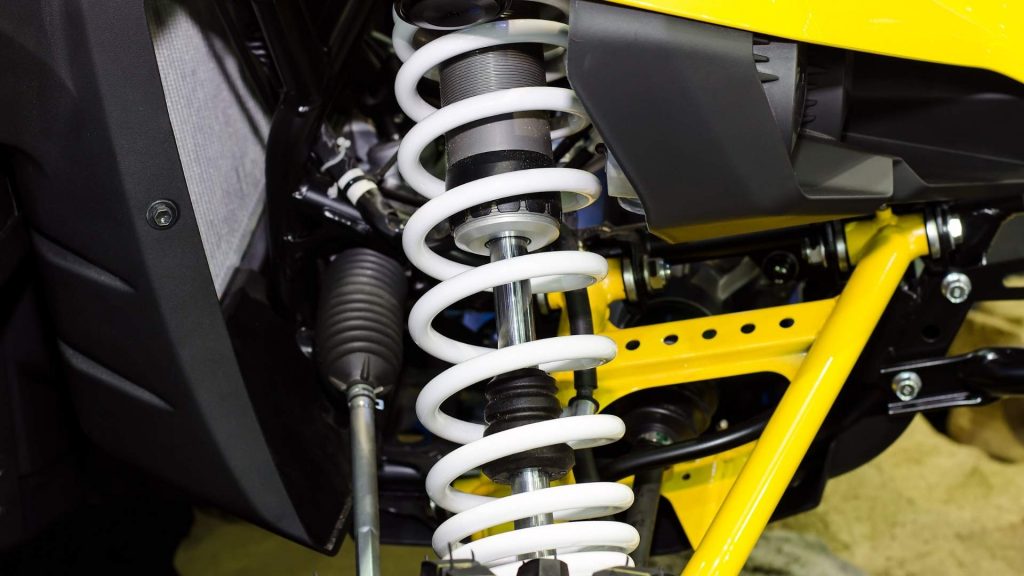
Preventative maintenance is the proactive approach to car care that involves regular inspection, servicing, and replacement of components to prevent potential issues and keep your vehicle running smoothly. By following a comprehensive maintenance checklist, you can address key areas of your car, ensuring optimal performance, improved safety, and increased longevity. Read more
Key Tasks to Keep Your Car Running Smoothly
Engine oil plays a vital role in lubricating the internal components of your engine, reducing friction, and preventing wear and tear. There are different types of engine oil available, including conventional, synthetic, and synthetic blends. Each type has its own benefits and is suitable for specific driving conditions. Additionally, engine oils are assigned viscosity ratings, such as 5W-30 or 10W-40, indicating their flow characteristics at different temperatures.
The frequency of oil changes varies depending on several factors, including the type of engine oil used, driving conditions, and manufacturer recommendations. As a general rule of thumb, it is recommended to change your engine oil every 5,000 miles or six months, whichever comes first. However, if you frequently drive in extreme temperatures or engage in heavy towing or hauling activities, you may need to change your oil more frequently.
Engine Maintenance
The engine is the heart of your vehicle, and proper maintenance is essential to ensure its smooth operation and longevity. Here are key tasks to include in your engine maintenance routine:
Regular Oil Changes: Engine oil lubricates moving parts, reduces friction, and helps dissipate heat. Follow the manufacturer’s recommended oil change interval and use the right oil type and viscosity for your engine.
Filter Inspections and Replacements: Check and replace the engine air filter and oil filter as recommended. A clean air filter improves air intake and fuel efficiency, while a clean oil filter helps remove contaminants and protects the engine.
Belt and Hose Inspection: Inspect the engine belts and hoses regularly for signs of wear, cracks, or leaks. Replace them if necessary to prevent unexpected failures that can lead to engine damage.
Battery Health: Test and maintain the battery health by checking the connections for corrosion and ensuring proper voltage. Clean the terminals and replace the battery if it shows signs of weakness.
Coolant Level and System Flush: Monitor the coolant level and top it up if needed. Periodically flush the cooling system to remove accumulated debris and prevent engine overheating.
Spark Plug Replacement: Inspect and replace spark plugs according to the manufacturer’s recommendations. Worn-out spark plugs can cause misfires, reduced fuel efficiency, and poor engine performance.
Timing Belt or Chain Replacement: If your vehicle has a timing belt or chain, follow the manufacturer’s recommended replacement interval. Failure to replace it on time can result in severe engine damage.
Regular Engine Performance Checks: Pay attention to any abnormal engine noises, vibrations, or warning lights. These can indicate potential issues that require immediate attention from a professional mechanic.By performing these engine maintenance tasks regularly, you can keep your engine running smoothly, optimize fuel efficiency, and extend its lifespan. Remember to consult your vehicle’s owner manual for specific maintenance intervals and guidelines tailored to your car’s make and model.
Fluid Maintenance:
Proper fluid maintenance is essential for the optimal performance and longevity of your vehicle’s systems. Here are key tasks to include in your fluid maintenance routine:
Coolant Level and Quality: Regularly check the coolant level in the radiator and top it up if necessary. Inspect the coolant quality for signs of contamination or degradation. Flush and replace the coolant as recommended to prevent overheating and corrosion.
Brake Fluid Inspection and Replacement: Check the brake fluid level and ensure it is within the recommended range. Monitor the condition of the brake fluid and replace it if it appears dark or contaminated. Fresh brake fluid helps maintain braking performance and prevents component damage.
Power Steering Fluid: Check the power steering fluid level and top it up if needed. Consult your vehicle’s manual for the specific type of power steering fluid recommended. Proper levels and quality of fluid ensure smooth steering operation.
Transmission Fluid: Regularly check the transmission fluid level and follow the manufacturer’s recommendations for replacing or topping up the fluid. Proper transmission fluid levels and quality contribute to smooth shifting and extended transmission life.
Windshield Washer Fluid: Ensure the windshield washer fluid reservoir is filled with a suitable washer fluid solution. Clean windshields are essential for visibility and safe driving.
Differential Fluid: If your vehicle has a differential, check the fluid level and condition according to the manufacturer’s guidelines. Proper differential fluid helps ensure smooth and efficient power transfer to the wheels.
Transfer Case Fluid (if applicable): For vehicles equipped with a transfer case, monitor the fluid level and condition. Follow the manufacturer’s recommendations for fluid replacement.
Regularly inspecting and maintaining these fluids will help optimize the performance and reliability of your vehicle. Refer to your vehicle’s owner manual for specific fluid types, intervals for checking and replacing fluids, and any additional recommendations provided by the manufacturer. When handling fluids, ensure proper disposal according to environmental regulations and consult a professional if you’re unsure about any maintenance tasks.
Tire and Wheel Maintenance:
Proper maintenance of your vehicle’s tires and wheels is crucial for optimal safety, performance, and longevity. Here are key tasks to include in your tire and wheel maintenance routine:
Tire Pressure Checks: Regularly check the tire pressure using a reliable pressure gauge. Ensure that all tires are inflated to the recommended pressure levels specified by the vehicle manufacturer. Proper tire pressure promotes even wear, fuel efficiency, and handling.
Tire Tread Inspection: Check the tread depth regularly to ensure it meets legal requirements and provides adequate traction. Use a tread depth gauge or the penny test to measure tread depth. Replace tires that have worn beyond the recommended limit.
Tire Rotation: Rotate your tires at regular intervals as recommended by the vehicle manufacturer. Rotating the tires promotes even wear, extends tire life, and improves overall handling and performance.
Wheel Alignment: Have the wheel alignment checked and adjusted as needed. Proper wheel alignment ensures even tire wear, optimal handling, and improved fuel efficiency. If you notice uneven tire wear or your vehicle pulling to one side, it may indicate the need for alignment.
Wheel Balancing: Get your wheels balanced periodically or when you experience vibrations at higher speeds. Balancing helps distribute weight evenly and prevents uneven tire wear and vibrations.
Visual Inspection: Regularly visually inspect your tires and wheels for any signs of damage, such as cuts, bulges, or sidewall damage. If you notice any abnormalities, have a professional inspect and repair or replace the affected tire.
Tire Cleaning: Clean your tires regularly to remove dirt, grime, and brake dust. Use a mild detergent, soft brush, and water to clean the tires. Avoid using harsh chemicals or abrasive materials that can damage the tire’s rubber.
Spare Tire Maintenance: Don’t forget to include your spare tire in your maintenance routine. Check its pressure periodically and ensure it is in good condition.
Brake System Maintenance
Proper maintenance of your vehicle’s brake system is essential for safe and reliable braking performance. Here are key tasks to include in your brake system maintenance routine:
Brake Pad Inspection: Regularly inspect the brake pads for wear. Replace them if the pad thickness is near or below the manufacturer’s recommended minimum. Worn brake pads can compromise braking effectiveness and lead to further damage to the brake system.
Brake Fluid Check and Replacement: Check the brake fluid level and ensure it is within the recommended range. Monitor the condition of the brake fluid and replace it if it appears dark or contaminated. Fresh brake fluid helps maintain proper hydraulic pressure and prevents brake system malfunctions.
Brake Rotor Inspection: Inspect the brake rotors for any signs of wear, scoring, or warping. If you notice grooves or rough surfaces, it may be necessary to resurface or replace the rotors to ensure smooth and effective braking.
Brake Caliper Examination: Check the brake calipers for signs of damage or sticking. A malfunctioning caliper can cause uneven brake pad wear and reduced braking performance. Replace or repair any faulty calipers as needed.
Brake Line Inspection: Inspect the brake lines for any signs of leaks, corrosion, or damage. Damaged brake lines can compromise the brake system’s integrity and lead to brake failure. Replace or repair any damaged brake lines immediately.
Parking Brake Adjustment: Regularly check and adjust the parking brake to ensure it engages and disengages properly. A properly functioning parking brake is essential for parking on inclines and providing an additional safety measure.
Brake System Flush: Periodically flush the entire brake system to remove old, contaminated brake fluid. Flushing helps maintain optimal brake performance and prevents moisture buildup, which can lead to corrosion and brake failure.
ABS System Maintenance: If your vehicle is equipped with an Anti-lock Braking System (ABS), follow the manufacturer’s recommendations for any specific maintenance tasks or inspections related to the ABS system
Conclusion
A proactive approach to vehicle maintenance is key to keeping your car running smoothly and extending its lifespan. By following a preventative maintenance checklist, you can address key tasks that contribute to your vehicle’s overall health and performance.
Regular engine maintenance, including oil changes, filter replacements, and belt inspections, ensures optimal engine performance and efficiency. Fluid maintenance, such as checking and replacing fluids like coolant, brake fluid, and transmission fluid, helps prevent mechanical issues and promotes smooth operation.
Tire and wheel maintenance, including regular inspections, rotations, and proper inflation, improves safety, traction, and fuel efficiency. Brake system maintenance, such as checking brake pads, fluid levels, and inspecting for any signs of damage or wear, is crucial for safe stopping power.
Additionally, creating a maintenance schedule tailored to your vehicle’s specific needs helps you stay organized and ensures timely attention to critical tasks. Consider seasonal maintenance and set reminders to stay on top of necessary maintenance intervals.
By consistently following these preventative maintenance practices, you can avoid costly repairs, improve fuel efficiency, and increase the overall reliability of your vehicle. Taking care of your car not only enhances its performance but also contributes to your safety and peace of mind on the road.
Remember, if you’re unsure about any maintenance tasks or need assistance, it’s always recommended to consult a qualified mechanic or service professional. Regular maintenance and care will keep your car in optimal condition, allowing you to enjoy a smooth and trouble-free driving experience for years to come.Book now!
See Other Related Post
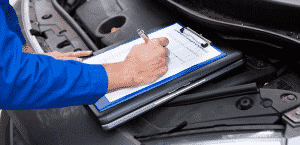
DT Performance is Here to Help – Services We Offer
DT Performance is Here to Help – Services We Offer Are you looking for a reliable and affordable data transmission solution? DT Performance has you
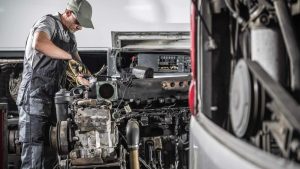
What are the advantages of having anything repaired by a mechanic?
What are the advantages of having anything repaired by a mechanic? The advantages of having anything repaired by a mechanic are many. For one thing,
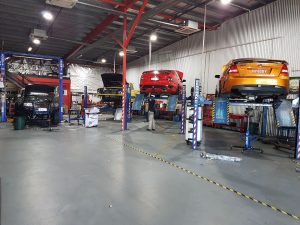
8 Car Maintenance Tips To Keep Your Car Running Like New
8 Car Maintenance Tips To Keep Your Car Running Like New No one wants to deal with car troubles, but they’re a fact of life.
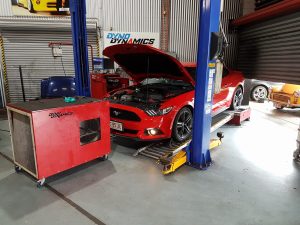
How to keep your car in top condition?
How to keep your car in top condition? Maintaining your car is essential. You want to keep it in top condition to avoid any costly

Find a Mechanic Near Me: 10 Tips to Choosing the Right One
Find a Mechanic Near Me: 10 Tips to Choosing the Right One https://youtu.be/mL7Fvm9_Y2Q We all know how important it is to have a good Mechanic.
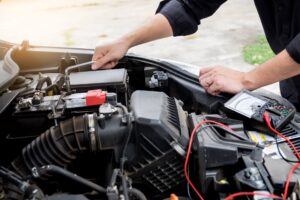
Enhance Your Driving Experience: Engine Performance Upgrades in Darwin, NT
Enhance Your Driving Experience: Engine Performance Upgrades in Darwin, NT Are you tired of driving a sluggish car that lacks power and acceleration? Do you

The Benefits of Choosing a Professional Mechanic
The Benefits of Choosing a Professional Mechanic When it comes time to take your car in for a tune-up, service, or repair, who do you

